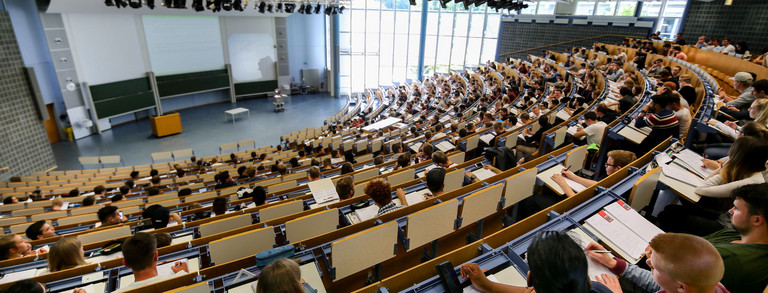M-Project
The M-Project is aimed at Master's students. The study project is strongly research-led. It enables students to further improve their skills of scientific work at an advanced stage of their studies. Under the supervision of the module leader, students work independently and self-organised on a larger research project for one year, whereby the overall theme is sub-divided into smaller groups. The topics provided form a framework, but are independently implemented by the students in more concrete questions and work packages. Over the course of the project, the students present their current project status in the form of a formative proposal. Later, a final report will be written and the work is defended orally.
This year's project sits in the nexus of planning and digitalisation. Our society is becoming increasingly digital, and this also applies to planning. A report was recently published in the UK, led by Mike Batty, which is the result of a Digital Task Force for Planning. This report looks in depth at the technical challenges associated with digital tools and practices in planning. The main outcome of this report is a manifesto for a systems approach to planning consisting of interlocking digital tools and workflows. While comprehensive, this report is not the only account of the connection between digital tools and planning. A number of primarily process-oriented studies of the influence of digital tools on planning processes have appeared in recent years. However, planning is not only concerned with its own processes and how these are influenced by the digital. Planning also needs to focus on the main object of planning: geographical space; including how people create, live, use, and conceptualise their own meaningful places within planned spaces. The fusion of digital technologies and geographical space has given rise to the new field of 'digital geographies', but not much has been written about digitalised space itself from a dedicated planning perspective. This is the starting point for the present M-project. The aim of this project is for students to reflect on the planning of space in the light of the digital revolution of everyday life. In what ways does space change ontically when it merges with the digital sphere? What new dimensions and aspects of this nexus do we need to consider when planning residential, commercial, leisure, or other areas? How do our planning outcomes affect people's digitalised everyday practices? In what ways are existing everyday practices changed by their intermingling with the digital? These and similar questions are possible goals of the planned M-project. These questions have been partially addressed in the literature, but mainly from a geographical perspective. The idea is therefore to address the above questions by means of a systematic literature review, for the results of which the students are encouraged to design an appropriate analysis strategy. Initially, the review will help to provide a sound, evidence-based overview of the intersection between the digital sphere and geographical space. The following analysis steps are then to derive a planning perspective on digitalised spaces from the geographical understandings thus gained.

